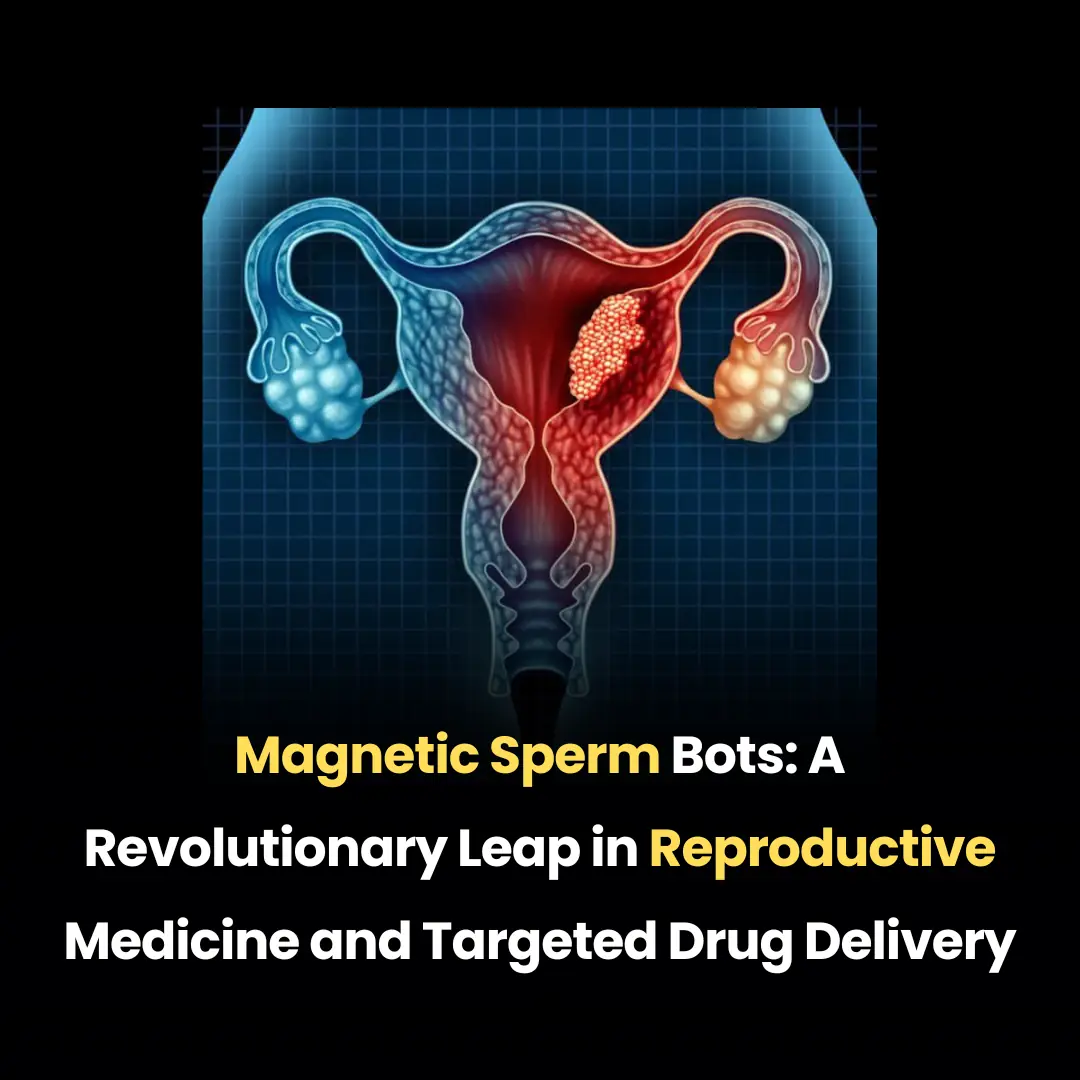
The Hidden Years of Postpartum Recovery: How Motherhood Reshapes the Brain
The notion that a woman can “bounce back” just six weeks after giving birth is not only outdated—it is scientifically inaccurate. Modern research in neuroscience and maternal health reveals that pregnancy and childbirth trigger profound changes in the brain that can last anywhere from two to six years. These long-lasting shifts affect memory, hormone regulation, emotional responsiveness, and the way the body processes stress. Far from being temporary disruptions, they represent a deep neurological transformation that supports early caregiving and adaptation to the intense demands of motherhood.
Importantly, these postpartum changes are not indicators of fragility or decline. Instead, they reflect an extraordinary biological evolution unique to humans. Neuroimaging studies published in Nature Neuroscience (Hoekzema et al., 2016) and supported by research from institutions like Harvard Medical School and the National Institutes of Health show that gray-matter volume changes occur in specific regions associated with empathy, social connection, emotional regulation, and multitasking. These shifts strengthen a mother’s ability to read her baby’s cues, remain attuned to potential threats, and form the deep emotional bonds essential for infant development and survival.
However, this neurobiological enhancement comes with real cognitive and emotional costs. Many mothers report memory lapses, emotional fluctuations, sleep disturbances, and heightened sensitivity to stress—symptoms often dismissed as “baby brain.” Yet studies from the American Psychological Association and the Mayo Clinic emphasize that these experiences reflect genuine neurological rewiring and dramatic hormonal fluctuations, particularly shifts in estrogen, progesterone, and cortisol. While the physical body may appear to recover externally within weeks, the brain and nervous system continue to undergo restructuring for months and even years. Beneath the surface, the mother’s body is recalibrating its stress-response system, reshaping emotional pathways, and adapting its cognitive patterns to support new forms of vigilance and nurturing.
Understanding this extended timeline of postpartum healing is crucial for reshaping cultural expectations around motherhood. Instead of viewing recovery as a race to return to a pre-pregnancy state, society must recognize it as a gradual unfolding—a process that honors the magnitude of what the body and mind have endured. Shifting the narrative allows for more compassionate conversations surrounding maternal mental health, emotional resilience, and the pressures placed on new mothers. It helps dismantle unrealistic expectations and encourages a more supportive environment that acknowledges the slow, meaningful recalibration of the brain, body, and identity after childbirth.
Motherhood does not end at the moment of birth; in many ways, that is when its most profound transformations begin. It begins in the brain, in the restructuring of neural networks shaped by biology and experience, and it continues to evolve for years. These lasting neurological and emotional shifts remind us that postpartum recovery is not about “snapping back”—it is about growing into a new version of oneself shaped by one of the most powerful transitions in human life.
News in the same category

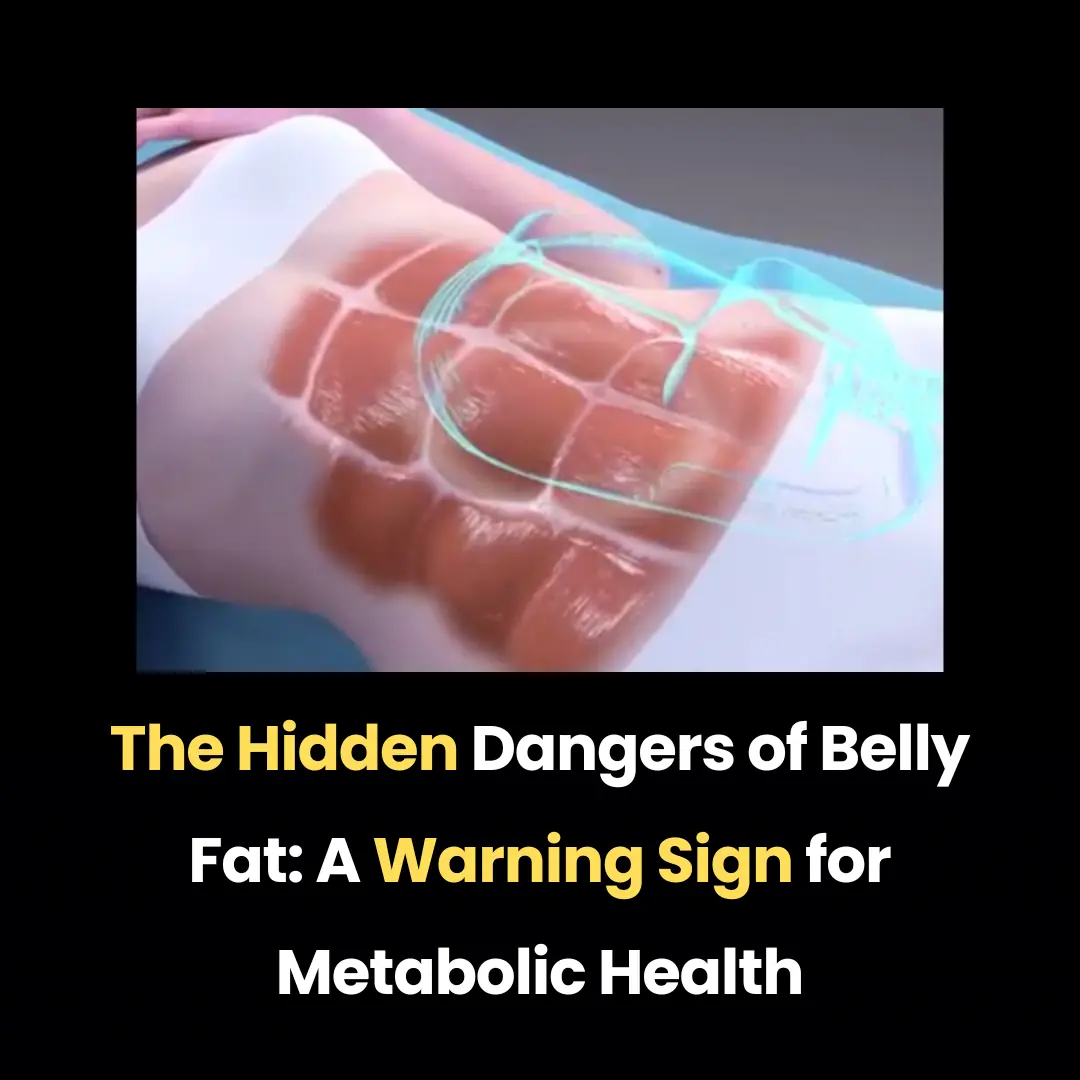
The Hidden Dangers of Belly Fat: A Warning Sign for Metabolic Health
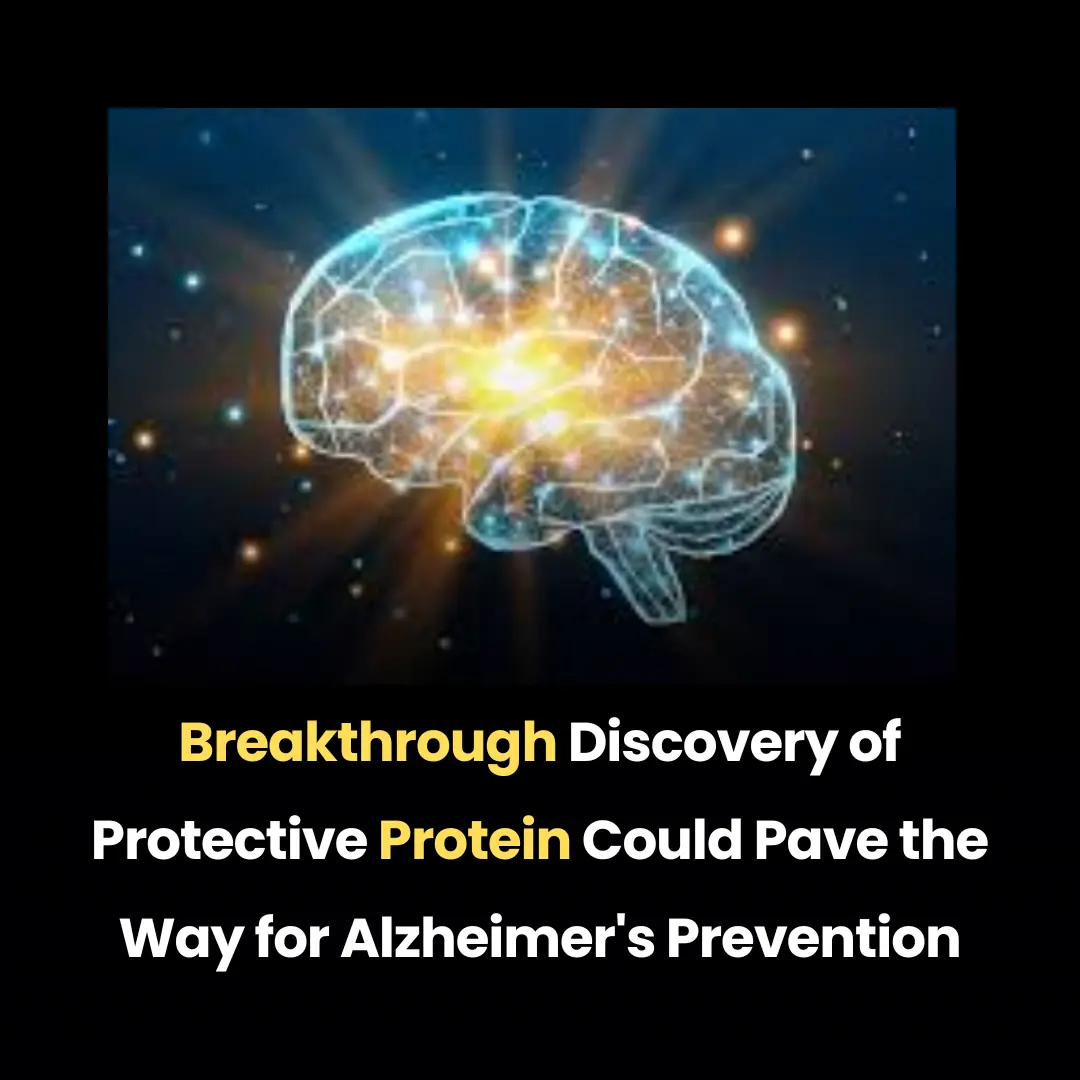
Breakthrough Discovery of Protective Protein Could Pave the Way for Alzheimer's Prevention

Revolutionary Ultrasound Treatment: A Non-Invasive Breakthrough in Cancer Care

Revolutionary Injectable Gel Promises Non-Surgical Solution for Joint Regeneration

Check out the best tips for using dryer sheets to clean the toilet!

Revealing Hidden HIV: A Major Step Toward Achieving a Functional Cure
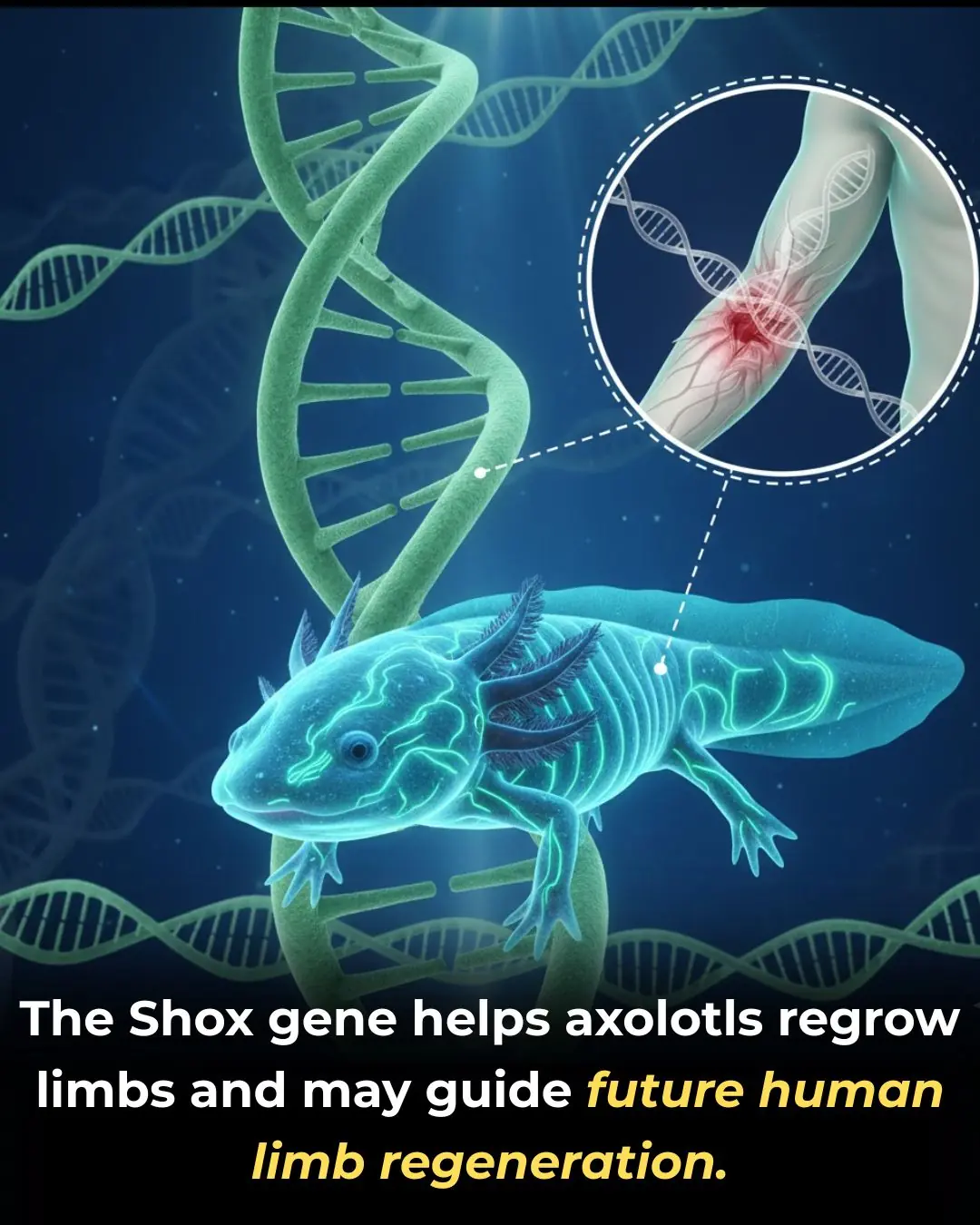
The Molecular Blueprint of Regrowth: How Axolotls Regenerate Entire Limbs

If You Have These Two ‘Dimples’ on Your Lower Back

Why are some window bars curved at the bottom
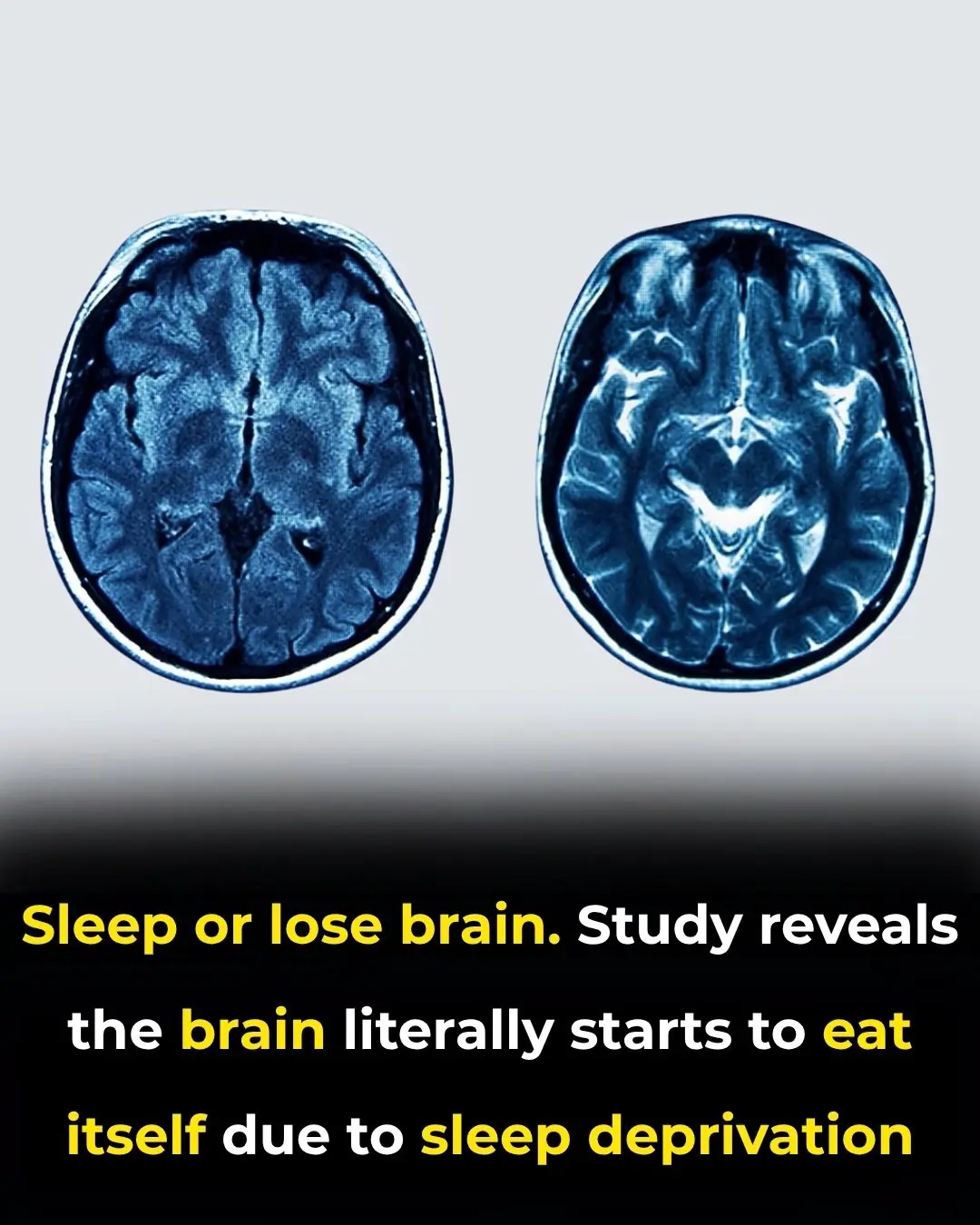
When the Brain Begins to Consume Itself: The Hidden Costs of Chronic Sleep Loss

From Self-Marriage to Self-Divorce: Suellen Carey’s Viral Journey of Self-Love

Unattractive Traits That Can Secretly Ruin a Relationship

Beware Portuguese Man-of-War Found on Beach

Why Your Dog Stares at You …What That Look Really Means

Do You Think Like an FBI Agent

Apple and Issey Miyake Redefine Tech Fashion With the $230 iPhone Pocket

A Simple Black Blade That Saves Birds: The Surprising Wind Turbine Breakthrough
News Post
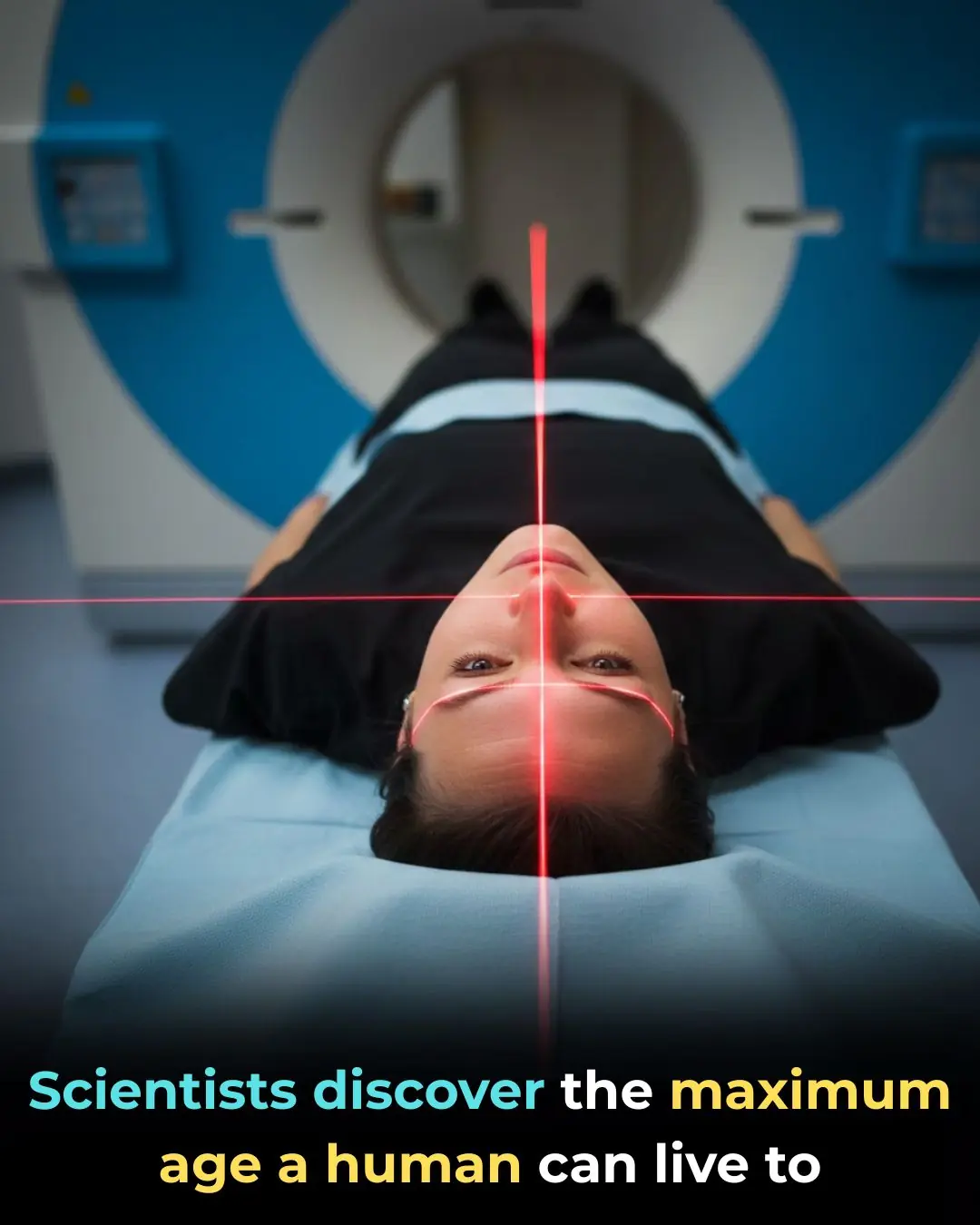
Scientists Discover The Maximum Age a Human Can Live To

The Amazing Benefits of Using Frozen Cucumber for Gua Sha: A Natural and Effective Skincare Hack

This Collagen Drink Reverses Your Age by 10 Years

5 Ultimate Recipes Using Rice Water to Clear Dark Spots, Fade Blemishes, Erase Wrinkles and Get Gorgeous Skin

This Hair Oil Recipe Will Stop Hair Fall in Just One Use!

How to Make Potato Milk Cubes - The Ultimate DIY Remedy for Spotless Skin

Gram Flour And Fuller’s Earth Everyday Face Wash To Get Clear Skin

2-Minute Natural Black Shampoo for Grey Hair: A DIY Solution for Healthy, Vibrant Locks

How to Made Carrot-Vaseline Anti-Wrinkle Cream At Home: A Natural Remedy for Youthful Skin

DIY Body Whitening Bath Powder - Homemade Recipe for Glowing, and Youthful Skin

All Natural Hair Dye With Garlic Peels - Easy Recipe At Home
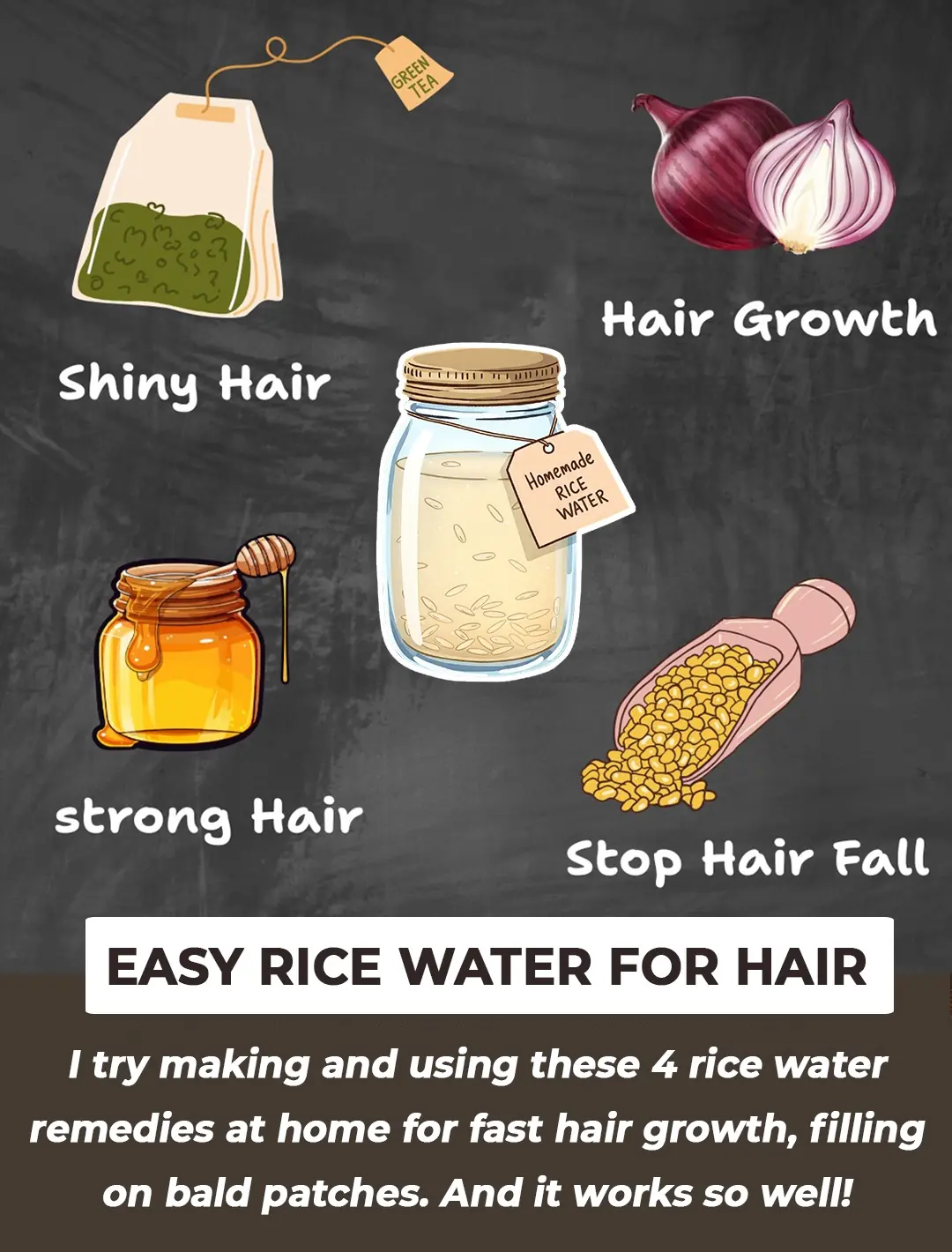
3 Recipes of Rice Water for Strong, Shiny, and Fast-Growing Hair

Get Thicker Eyelashes/Eyebrows with Vaseline and Castor Oil Serum in 1 Week

7 powerful vitamins you need for strong, healthy legs
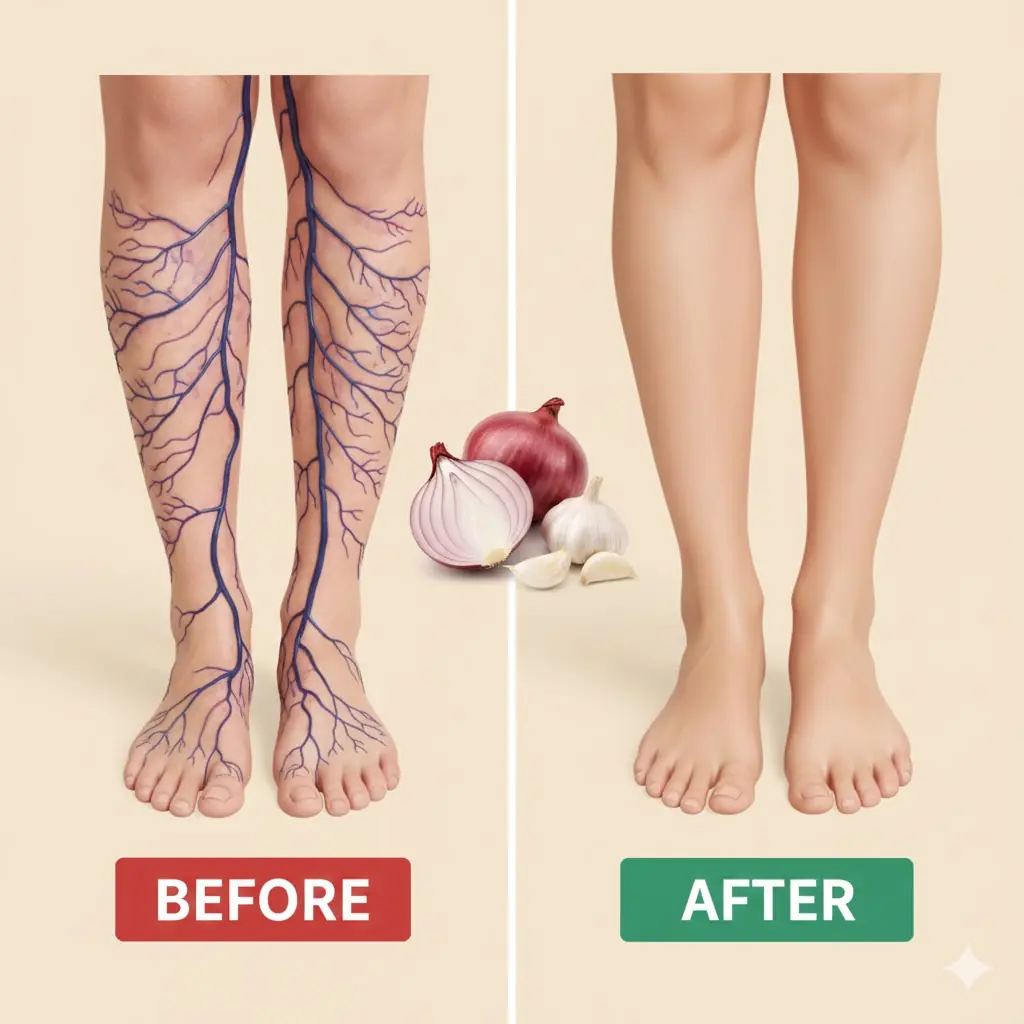
Vein Victory Elixir: Onion-Garlic-Vinegar Rituals to Banish Bulging Blues
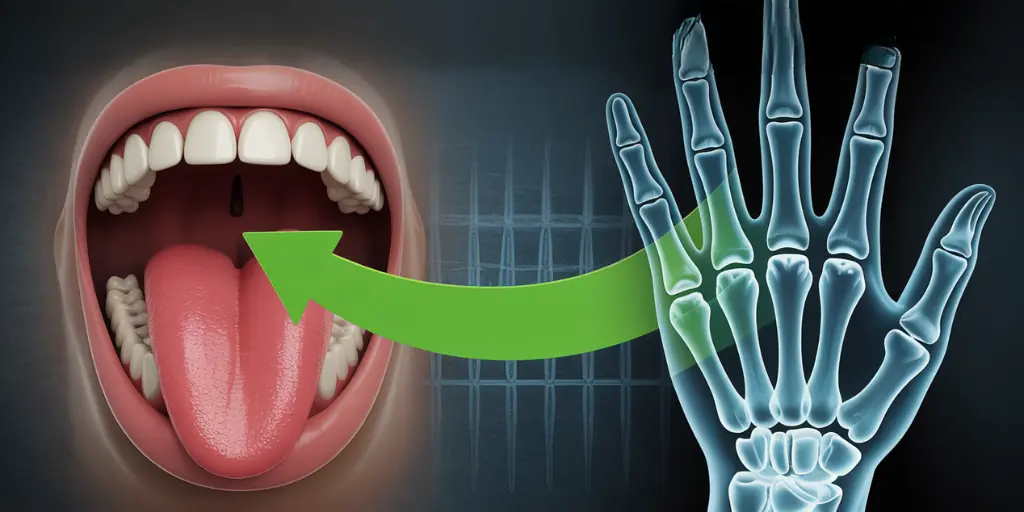
4 alarming symptoms of vitamin B12 deficiency you can’t ignore!
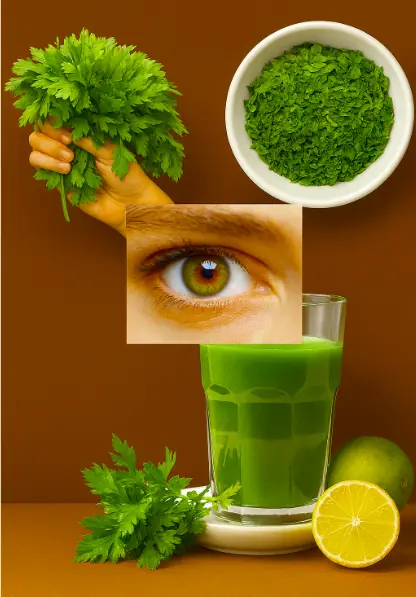
Essential Leaves for Eye Health: Nature’s Secret to Sharper Vision

Magnetic Sperm Bots: A Revolutionary Leap in Reproductive Medicine and Targeted Drug Delivery

The Hidden Dangers of Belly Fat: A Warning Sign for Metabolic Health
